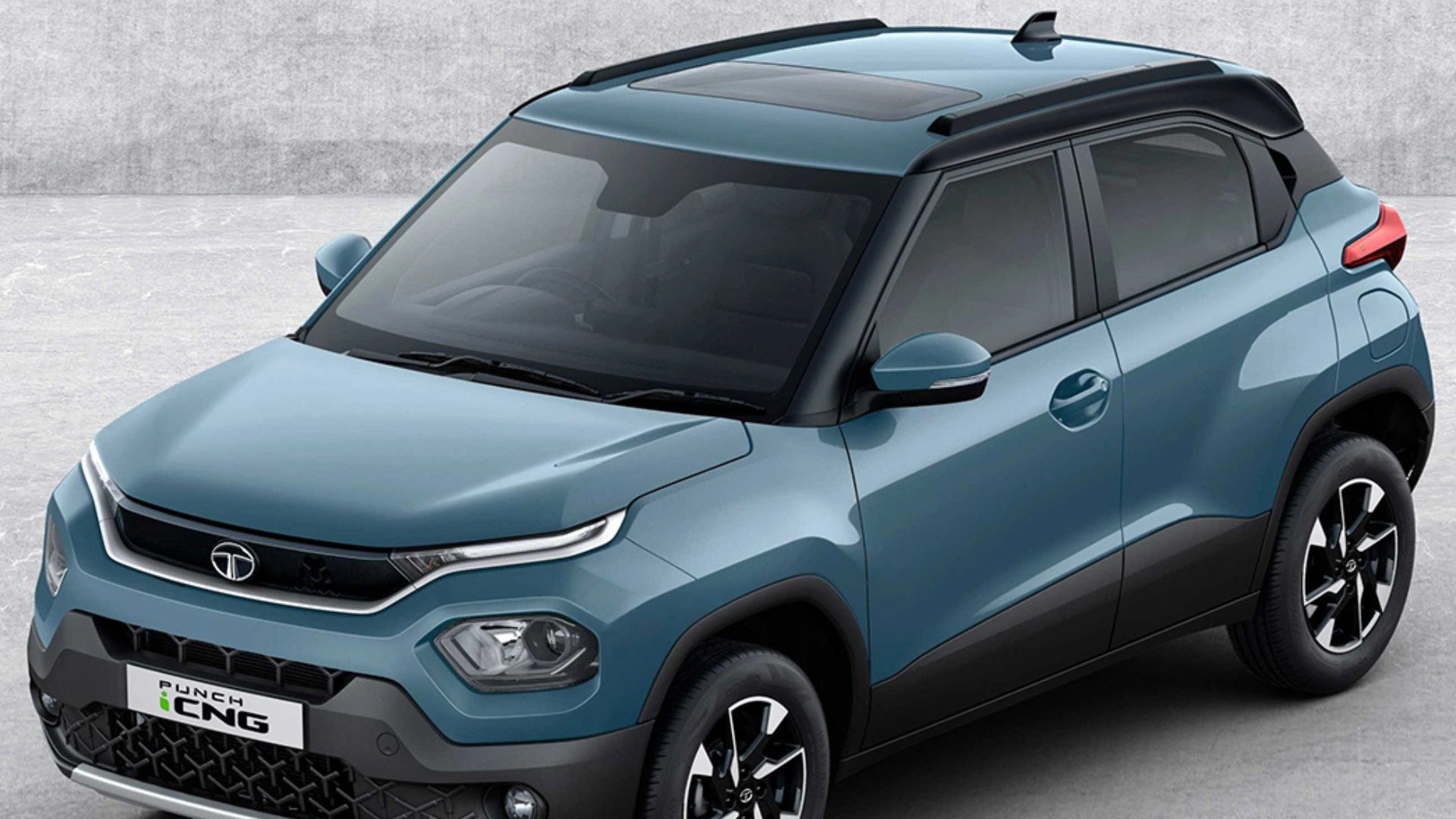On Friday, Union Minister of Commerce and Industry Piyush Goyal said that both the government and the electric vehicle manufacturers believe that new subsidies are not required to encourage electric mobility in India.
Goyal said that the EV ecosystem is ready to sustain itself and added that both the government and the industry were optimistic about it.
“Electric mobility is ready and set to fly. They do not need newer incentives or subsidies,” Goyal said. “The existing subsidies are available for some more time and will provide the necessary push to the sector.”
Subsidies For EV Industry
The minister’s statement comes as subsidies under programmes such as FAME-II are being tapered and incentives offered under the newly launched Rs 10,900-crore PM E-Drive scheme to encourage EV adoption across two-wheeler, three-wheeler, bus, and truck categories. Demand incentives for EVs could go away around 2026-27, according to indications by officials.
Discussions were held during the meeting, which comprised representatives from major EV manufacturers like Tata, Mahindra, and Mercedes-Benz India, along with officials from the Ministry of Heavy Industries and NITI Aayog, on the aspect of battery swapping and charging infrastructure.
They concluded that at present, advancements in technologies for batteries and reductions in cost of ownership make further subsidy unnecessary for long-term growth.
“Each segment has one or more models that are self-sustaining. There is now a strong economic case to move from internal combustion engine (ICE) vehicles to electric vehicles,” Goyal added.
Self Sufficient EV Industry
Industry leaders, including Anish Shah, CEO and MD of Mahindra Group, recently stated that the electric three-wheeler segment would achieve self-sufficiency by 2025-26, reducing reliance on government support.
The EV strategy of the government has shifted from the FAME scheme to PM E-Drive, supporting the entire gamut of EV categories and infrastructure development.
The initiative under PM E-Drive will support nearly 25 lakh electric two-wheelers, 2 lakh e-rickshaws, more than 14,000 electric buses, and public charging stations across the country.
India is also promoting local manufacturing through PLI schemes for advanced automotive technologies. A 2023 policy allowed duty concessions for companies investing over $500 million in EV manufacturing facilities, but no firm has availed this benefit so far.
The Indian EV industry is grabbing global attention as it is going to reach a market size of one crore annual sales by 2030. Five crore jobs will be generated from the sector, the Economic Survey 2022-23 revealed.
In India, the passenger EV market is dominated by Tata Motors currently, with the Nexon EV, Tiago EV, and Tigor EV on its portfolio.
To overcome infrastructure challenges, the government will install more than 10,000 public charging stations under the FAME-II scheme, thus ensuring support all over the country for the adoption of EVs.
Union Minister for Heavy Industries HD Kumaraswamy recently stressed the need for a strong charging network to push the transition to electric mobility.
ALSO READ: How A 5-Year Health Insurance Plan Can Shield You From Premium Hikes




















